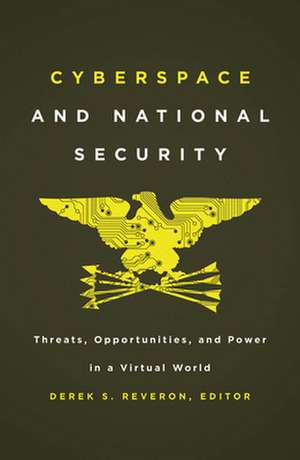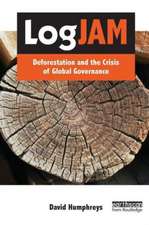Cyberspace and National Security
en Limba Engleză Paperback – 10 sep 2012
Preț: 464.00 lei
Nou
Puncte Express: 696
Preț estimativ în valută:
88.79€ • 92.93$ • 73.90£
88.79€ • 92.93$ • 73.90£
Carte tipărită la comandă
Livrare economică 31 martie-14 aprilie
Preluare comenzi: 021 569.72.76
Specificații
ISBN-13: 9781589019188
ISBN-10: 1589019180
Pagini: 246
Dimensiuni: 150 x 226 x 10 mm
Greutate: 0.39 kg
Editura: Georgetown University Press
ISBN-10: 1589019180
Pagini: 246
Dimensiuni: 150 x 226 x 10 mm
Greutate: 0.39 kg
Editura: Georgetown University Press
Descriere
Brings together scholars, policy analysts, and information technology executives to examine advanced and future threats to cyberspace. This title discusses various approaches to advance and defend national interests, contrast the US approach with European, Russian, and Chinese approaches.















